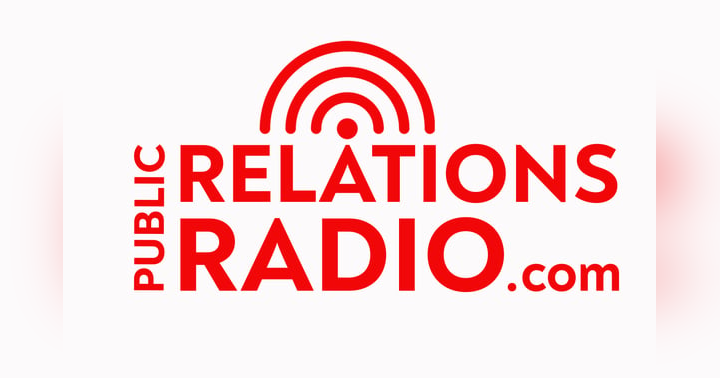Start 2021 With a Communications Audit

More so than in the past, we’re all hoping 2021 will be better than the year we’ve gladly left behind. The pandemic tested all of our systems, including our ability to communicate with the public via the news media. So how did your organization fare with its media relations program last year?
This is a question you should seek to answer with a communications audit. Even though the pandemic continues, it’s wise to spend some time reviewing your media relations approach. You don’t need a committee or half the year to assess last year’s performance, or to identify changes that could help improve your communications this year. All you need to do is ask yourself these questions. Honest answers can point you toward better outcomes almost immediately.
-
What were your biggest communications successes and what made them successful? How do you measure success? Would the media agree with your assessment? What would the public say?
-
Where did you fail and why? Ask journalists or other third parties if you’re having trouble answering this question yourself.
-
Were you prepared for the pandemic and the media crisis that it brought to your doorstep? Did you have a crisis plan that was outdated? Did you know how to use it? Did you use it at all or was it ignored or misplaced?
-
What should you change about your plans that would help you do better this year, in communicating the pandemic, or the next crisis?
-
What role did your process play in your successes and failures? Where does your process shine? Where does it break down? How can you promote good approaches and fix those that are holding you back?
-
Are you slow to make decisions or give approvals during a fast-moving communications crisis? Is it possible to speed up your process so you don’t always find yourself trying to catch up to breaking news?
-
Do you know how to control and lead your media narrative? Or are you always responding to the media? How can you get in front of stories to make sure you are leading the conversations?
-
Does the staff have the training, tools, and support needed to take your communications program to the next level this year? Do you have the staff talent required to get the job done?
-
How are communications resources allocated? Do you have too many staffers spending too much time working on fun or easy projects, but not enough people assigned to serious, mission critical tasks? Is it time to set priorities and focus staff on the most important messaging and media relations work?
-
Are you doing too much? If you feel your communications function is understaffed, does it make sense to put non-important projects on hold this year? Every organization has staff working on communications projects that can be suspended when needed. And it is probably obvious what work could wait until the pandemic subsides.
-
Does the communications team have a direct line to the front office? Are your top communicators in the room when big decisions are being considered, or made? Does your communications head have your full faith and confidence? Is it clear to others in the leadership team that this person’s advice matters and should be taken seriously?
Could we ask more questions? Yes. But will these get you started? They will. In fact, answering these questions will probably lead to more questions, but sincere answers will almost certainly point you to areas in need of workable solutions.
There’s never a good time to assess anything, especially when your job is to lead your state or territory in its response to the pandemic. But if you share these questions with your communications team, empowering them to provide unfiltered responses, then your follow up discussion with them will lead to improvements that should make communications more effective and your job just a little bit easier.
By Robert Johnson, Strategic Communications Officer, Riester Public Affairs, Washington, D.C.






